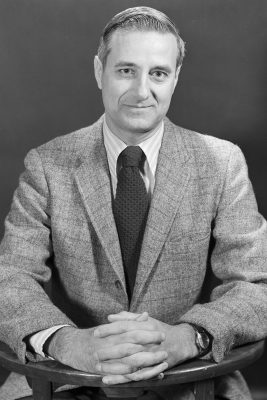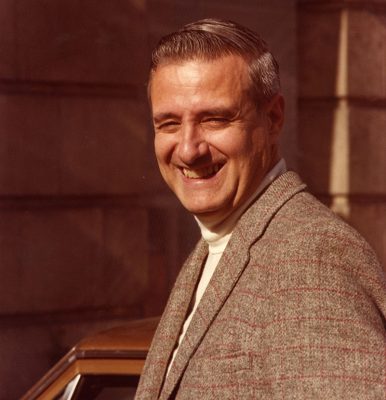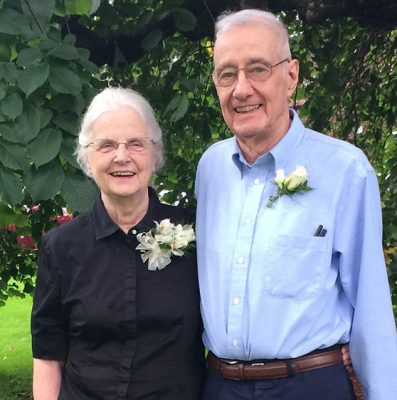Syracuse University, Coca-Cola Enter Into Pouring Rights Agreement
Syracuse University has signed The Coca-Cola Company as the official non-alcoholic beverage partner of the University and Syracuse University Athletics. The agreement, which took effect on July 1, comes after a competitive year-long strategic evaluation process, led by a working…




